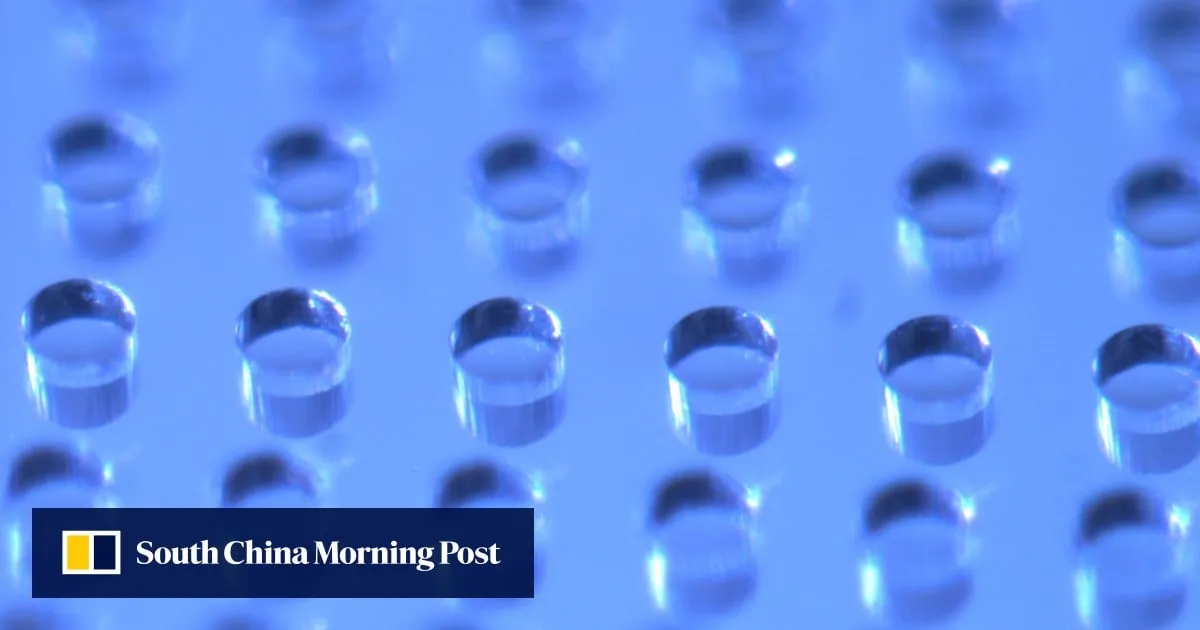Health-Tech Innovations in Cancer Diagnostics: Nanoswab for Male HPV Testing

Revolutionizing HPV Testing
Health-tech innovations are paving the way for early detection of sexually transmitted diseases, with a significant focus on advanced diagnostics for cancer. The Nanoswab, developed by Neo-Health Group and the Nano and Advanced Materials Institute (NAMI), offers a groundbreaking self-sampling solution for HPV testing in men, enhancing the accuracy and accessibility of medical testing.
How Nanoswab Works
The Nanoswab uses medical-grade silicone and features 1,000 micro-pillars per square centimeter to collect sufficient skin cells without discomfort. Traditionally, HPV testing requires invasive methods, but this innovation allows for at-home sample collection, which can be mailed for DNA testing.
- Self-sampling for HPV testing
- Reduces embarrassment and clinic visits
- Addresses a global gap in male HPV testing
Impact on Women's Health
HPV is a major contributor to cervical cancer, which accounted for 3.1% of cancer diagnoses in females in Hong Kong in 2021. Neo-Health aims to broaden the Nanoswab's application to include fungal skin infections, significantly impacting both human and animal health.
Progress Towards Standardization
Francois Fong Yeung, founder of Neo-Health, highlighted the urgent need for standardized methodologies in male HPV testing, emphasizing that the Nanoswab represents a step towards reliable, scientifically supported testing methods.
This article was prepared using information from open sources in accordance with the principles of Ethical Policy. The editorial team is not responsible for absolute accuracy, as it relies on data from the sources referenced.